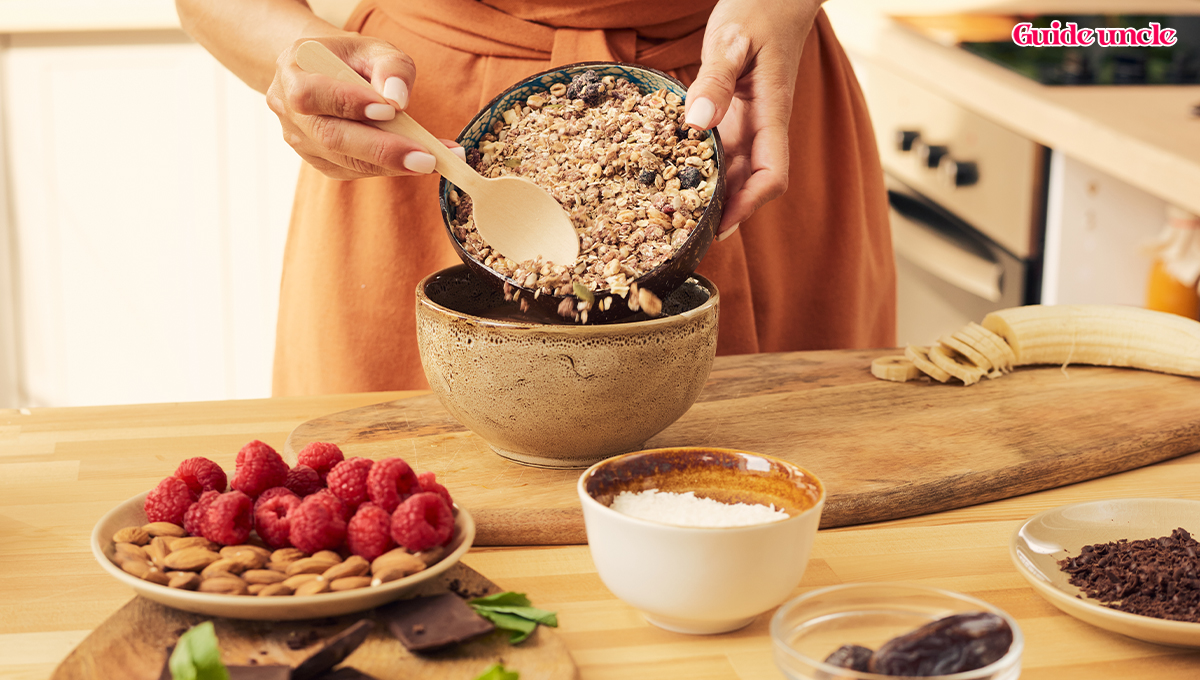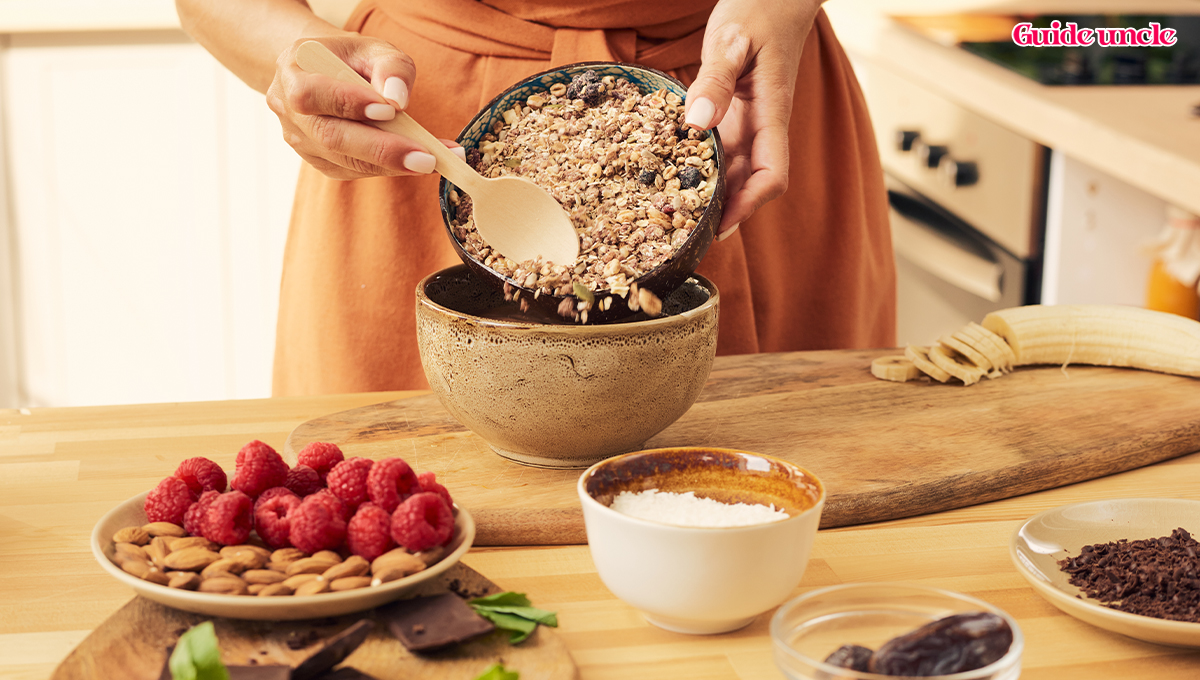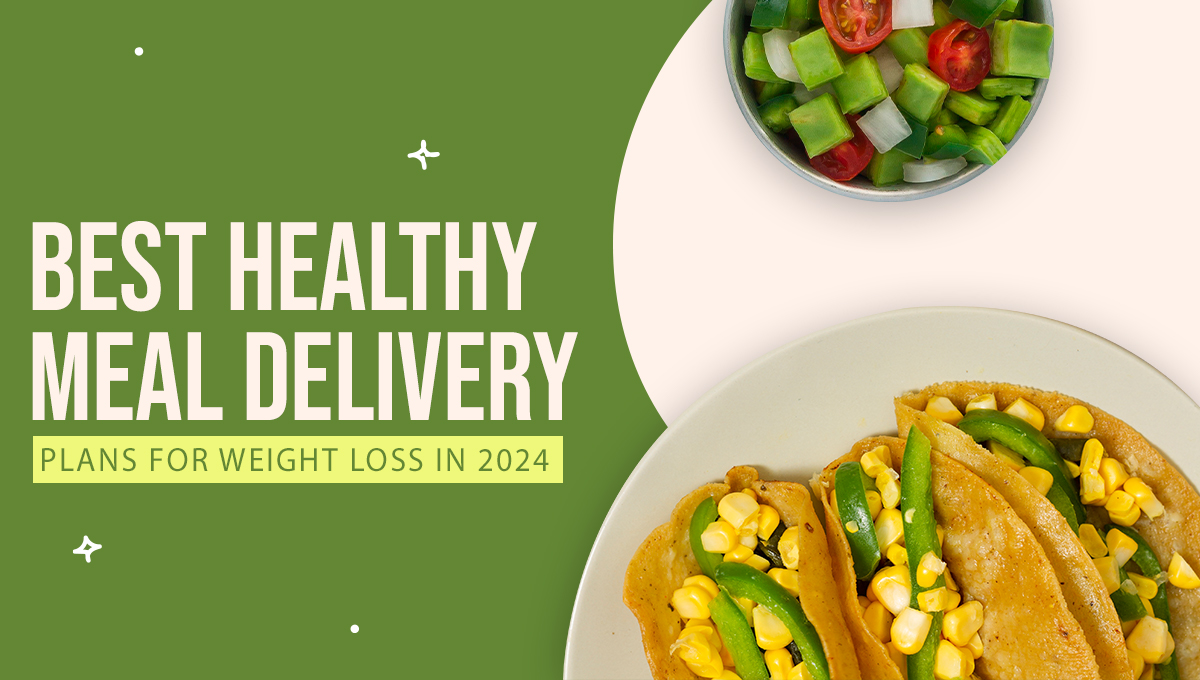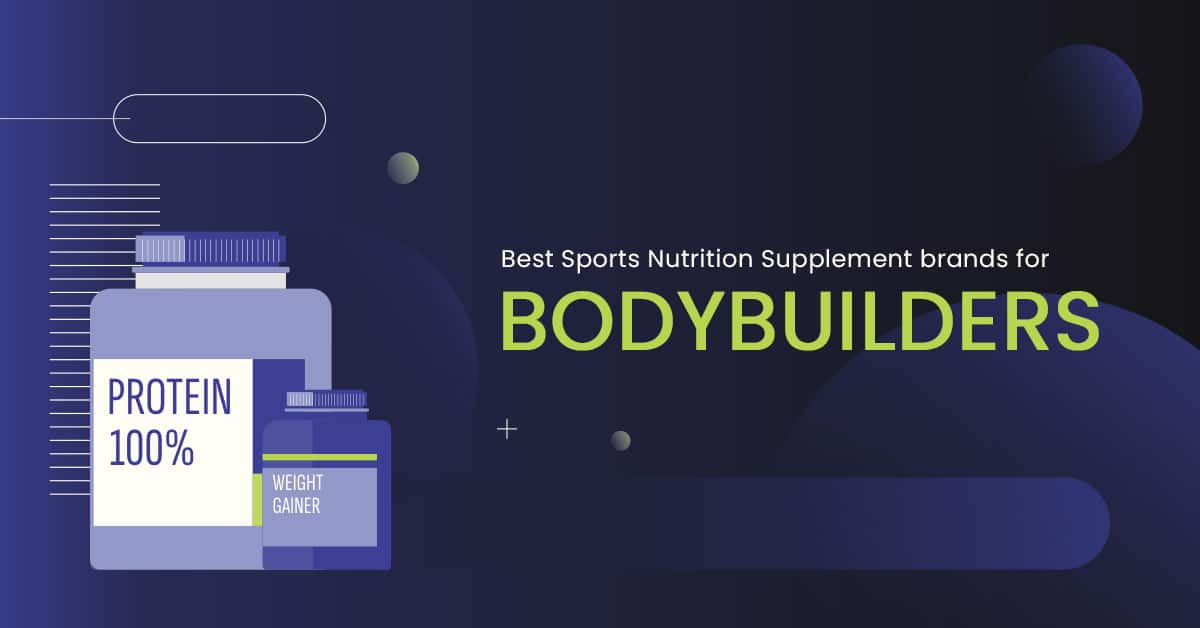Discover Why Fiber Is Important for a Healthy Life
If your diet were a movie, fiber would be the unsung hero—quiet, reliable, and always saving the day behind the scenes. Whereas everyone obsesses over protein or carbs, it’s fiber that often gets overlooked. But why fiber is important goes far beyond just “keeping things moving.” From improving digestion to lowering disease risks, fiber is the low-cost, high-impact star of the health world.
In this blog, we’ll walk through what makes fiber so basic, the part it plays in your daily health, and how you can bring more of it onto your plate—without it feeling like a chore. (And yes, you’ll indeed see a handy chart that will make you rethink your grocery list.
The Importance of Fiber in Daily Health
When nutritionists talk almost adjust, the importance of fiber is always part of the conversation. Think of fiber as your body’s broom—it sweeps away waste, keeps digestion smooth, and helps control blood sugar. It too makes you feel full longer, which means less snack attacks at midnight.
Science also links fiber to improved heart health, weight management, and indeed mood stability. With benefits this is capable, it’s wild that many people still fall short of their daily fiber needs.
High Fiber Foods You Shouldn’t Ignore
If you need more energy, better digestion, and less sugar crashes, high fiber foods are your best friend. Whole grains, lentils, beans, nuts, and seeds bring both soluble and insoluble fiber to the table—literally. Even better? These foods are normally delicious, flexible, and easy to mix into meals.
You don’t require to reevaluate your diet. Begin small: swap white rice for quinoa, include beans to your salad, or get an apple instead of a cookie. Little shifts can lead to long-term wins.
Dietary Fiber Sources That Work for Everyone
The beauty of fiber is that it comes from the food we eat on the daily basis that we all know. Fruits, vegetables, legumes and the whole grains which are classic dietary fibres sources. Each has their own benefits; some are soluble fibers which helps in lowering the cholesterol, while others are insoluble fiber which also helps in keeping the digestion moving all the way through.
You don’t need fancy recipes to boost fiber. Even a handful of almonds or a bowl of oatmeal can do wonders.
High Fiber Vegetables Worth Adding
Vegetables like broccoli, carrots, and spinach are not only packed with vitamins but are also high fiber vegetables. They’re the superheroes of the fiber family—low in calories but big on impact.
Best Fiber Supplement for Weight Loss
Sometimes, food alone isn’t enough. For those looking to cut cravings, the best fiber supplement for weight loss can give you an edge. But supplements should only support a balanced diet, not replace it. Think of them as the backup singer, not the main act.
Quick High Fiber Foods Chart
Here’s a simple guide you can stick to your fridge:
|
Food Item |
Fiber (per serving) |
Type of Fiber |
|
Oatmeal (1 cup) |
4g |
Soluble |
|
Lentils (1 cup) |
15g |
Soluble + Insoluble |
|
Apple (1 medium) |
4g |
Soluble |
|
Broccoli (1 cup) |
5g |
Insoluble |
|
Almonds (¼ cup) |
3.5g |
Insoluble |
Keep this high fiber foods chart handy the next time you shop. It’ll remind you how easy it is to hit your daily target.
Spotting Good Sources of Fiber
Wondering what counts as good sources of fiber? Think simple: beans, oats, berries, chia seeds, and whole-grain bread. These aren’t exotic “superfoods”—they’re affordable, everyday items that pack a serious punch.
Beyond Food: Best Fiber Supplements
As food is king, the best fiber supplements can really help if you are literally struggling to get enough. Psyllium husk, inulin, and wheat dextrin are a few of the popular options. They can be mixed easily into smoothies or water, making them simple add-ons to your routine.
Why Fiber Is Important in 2025
At the conclusion of the day, understanding why fiber is vital is truly approximately contributing to your wellbeing with little, smart choices. Actually, it's not just about the crash diets or the trendy hacks; you have to be consistent for this all the time. Whether your focus is on high fiber sources, which is dependent on the dietary fiber sources, or it may include a small boost with the supplements, the objective is the same: superior digestion, with some improved energy and a healthier life.
We all know that if we talk about real wellness, it comes from our everyday actions, and too fiber is one of the simplest, most affordable upgrades that you can make or add to your diet. This is the reason fiber is important, which isn't just a nutrition tip; it's a lifestyle shift worth embracing.
So next time you’re at the grocery store, remember: fiber isn’t boring—it’s your quiet health hero.
FAQs
Q1. How much fiber should I eat daily?
Most adults need 25–35 grams of fiber per day for optimal health.
Q2. What are the best high fiber foods for kids?
Fruits like apples, bananas, and berries are easy, kid-approved options.
Q3. Can fiber help with weight management?
Yes! Fiber helps you feel full, reduces cravings, and supports steady energy levels.
Q4. Are fiber supplements safe to take every day?
Generally, yes—but always consult a healthcare professional before starting.









